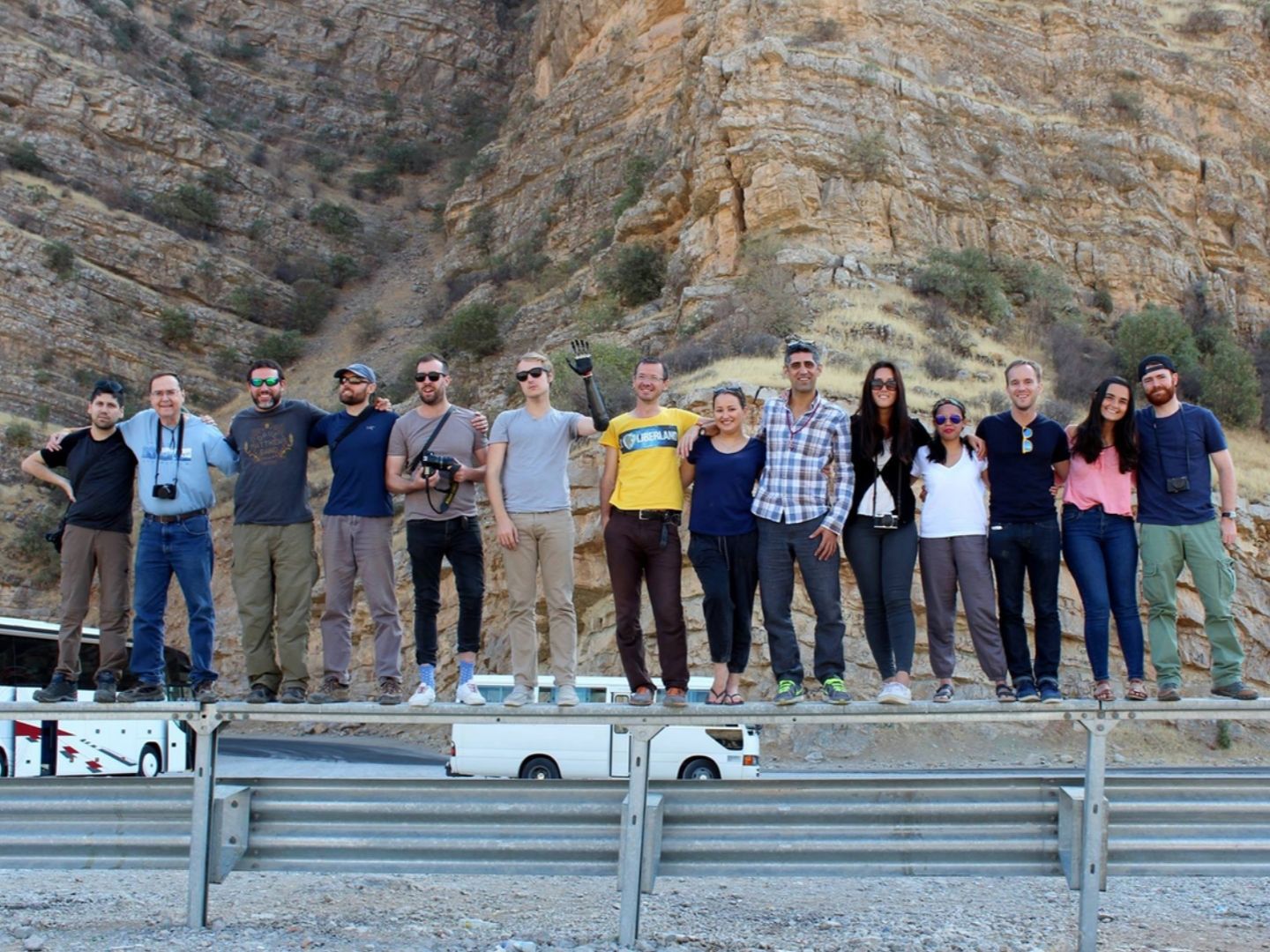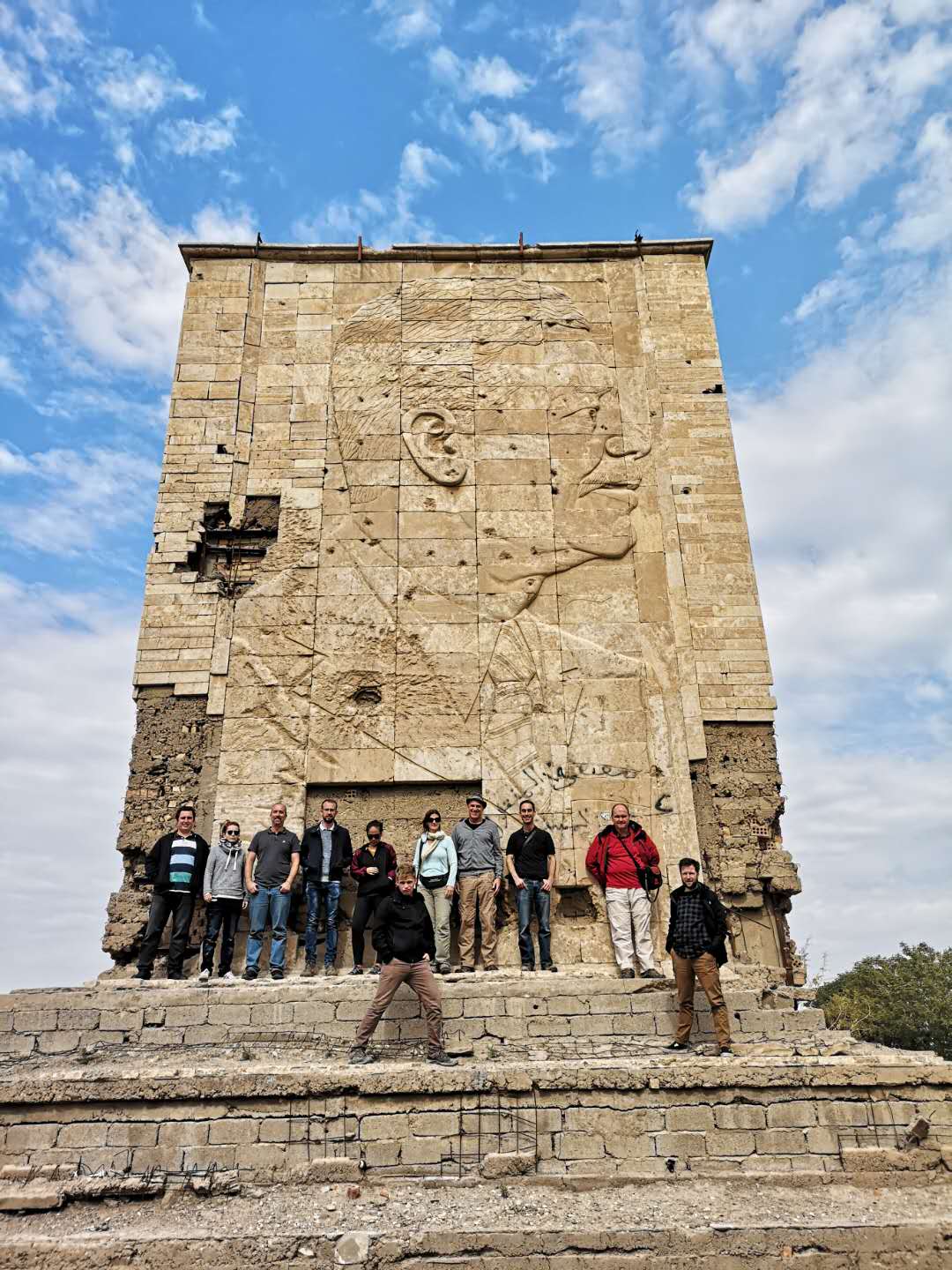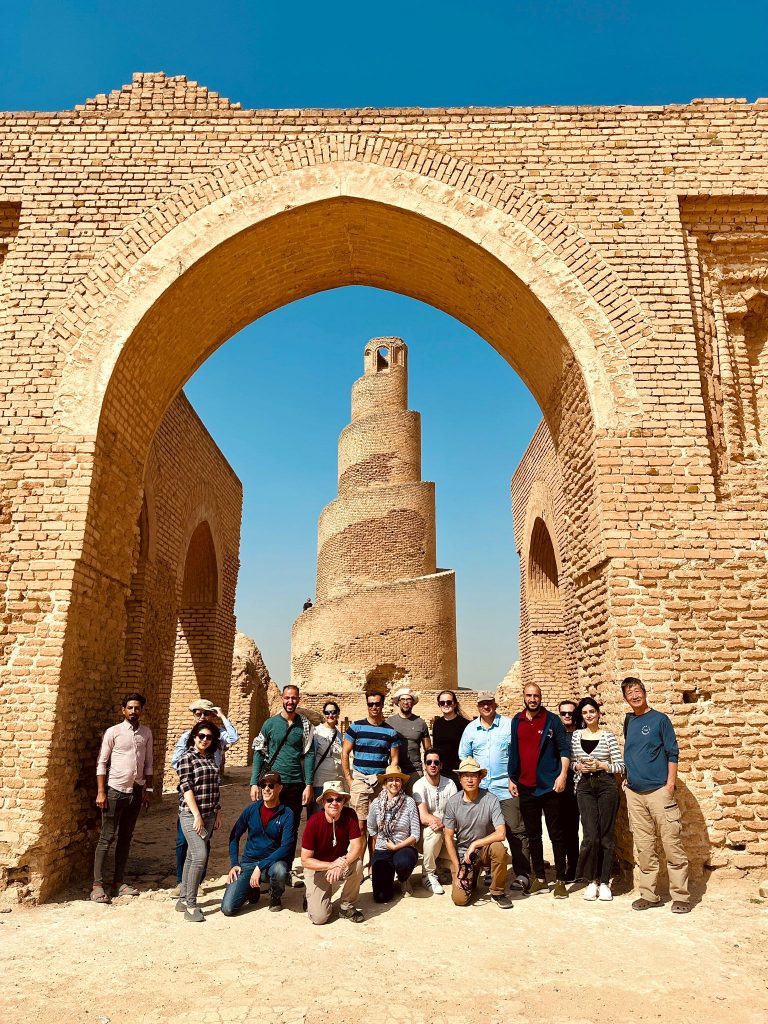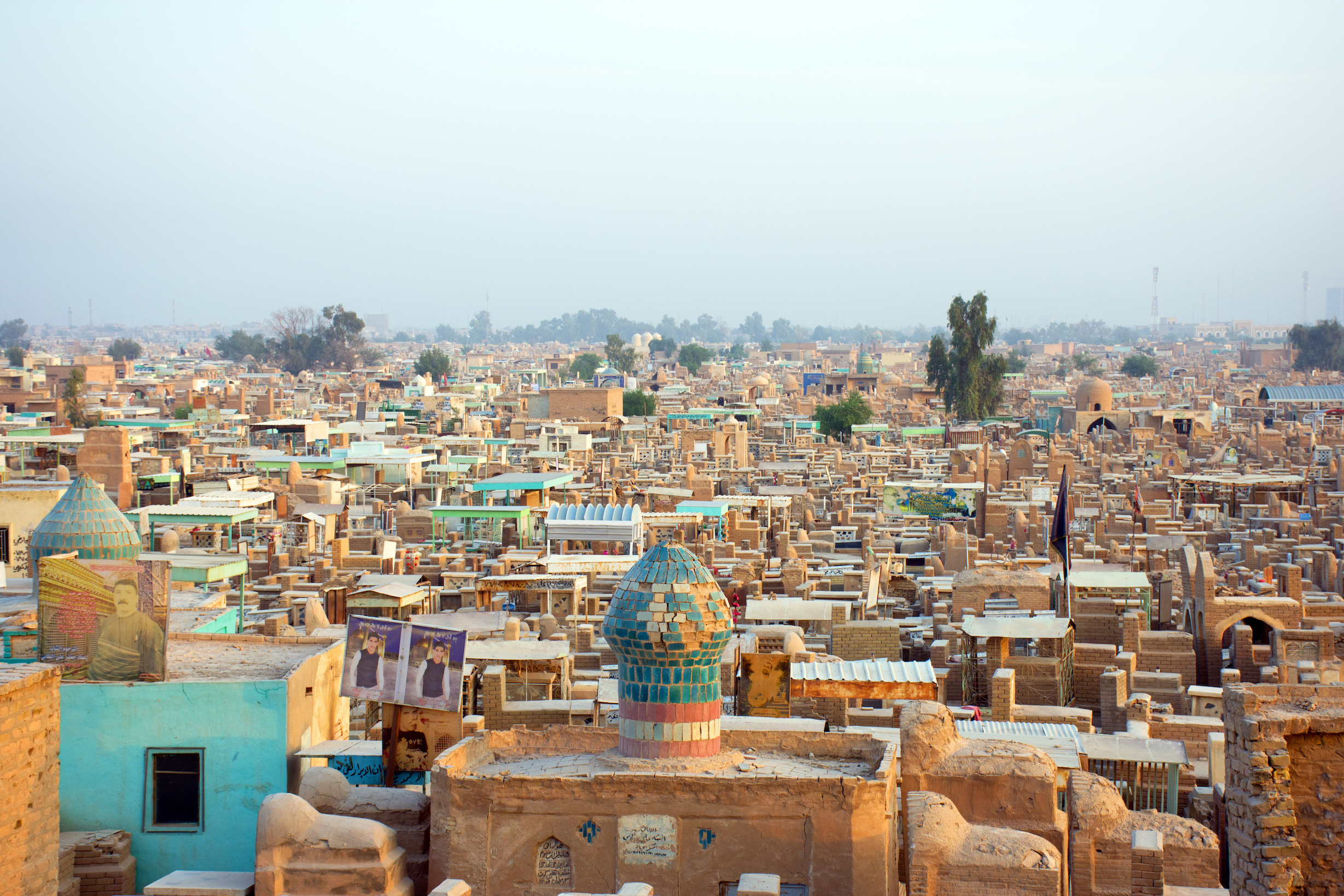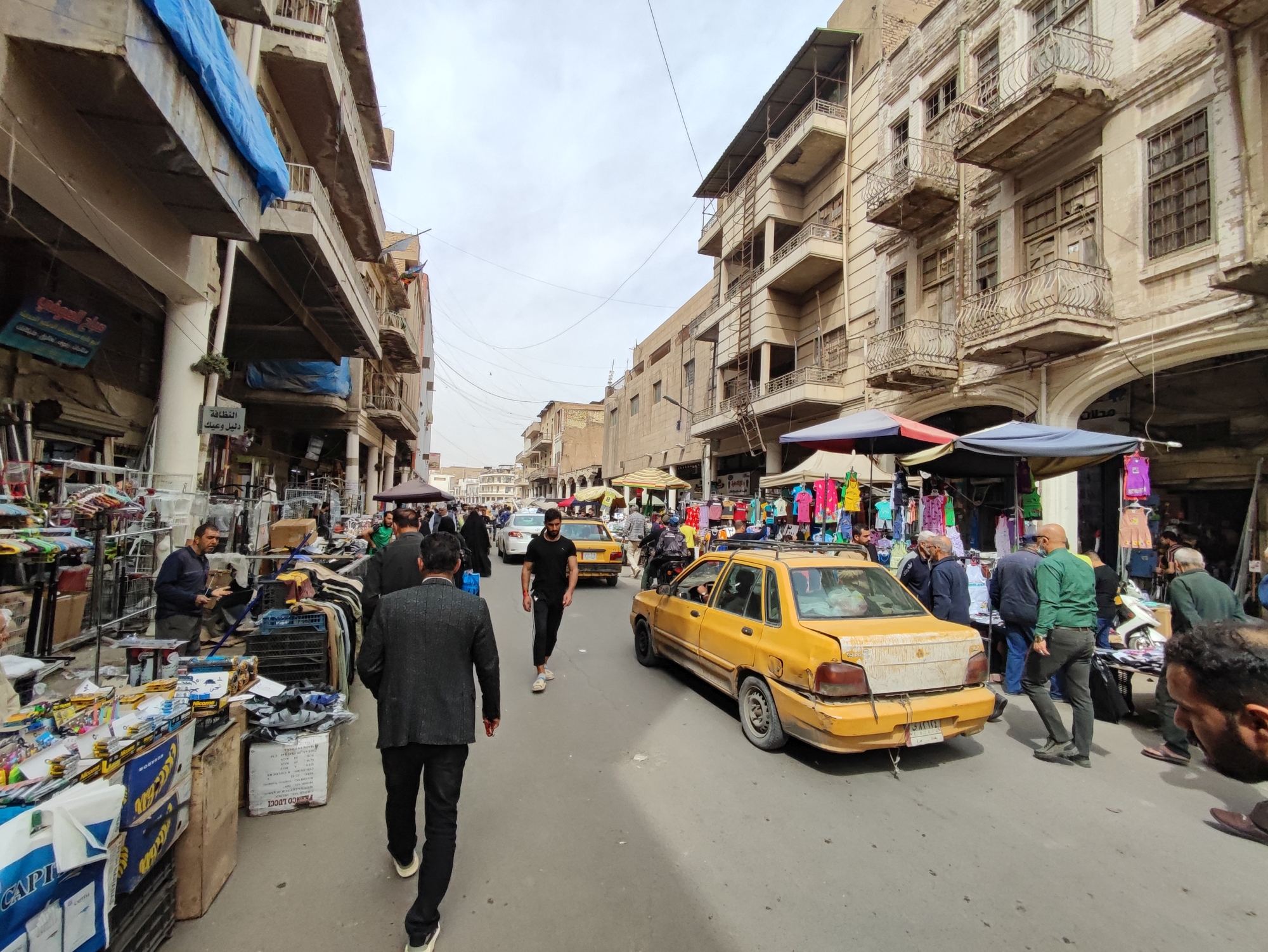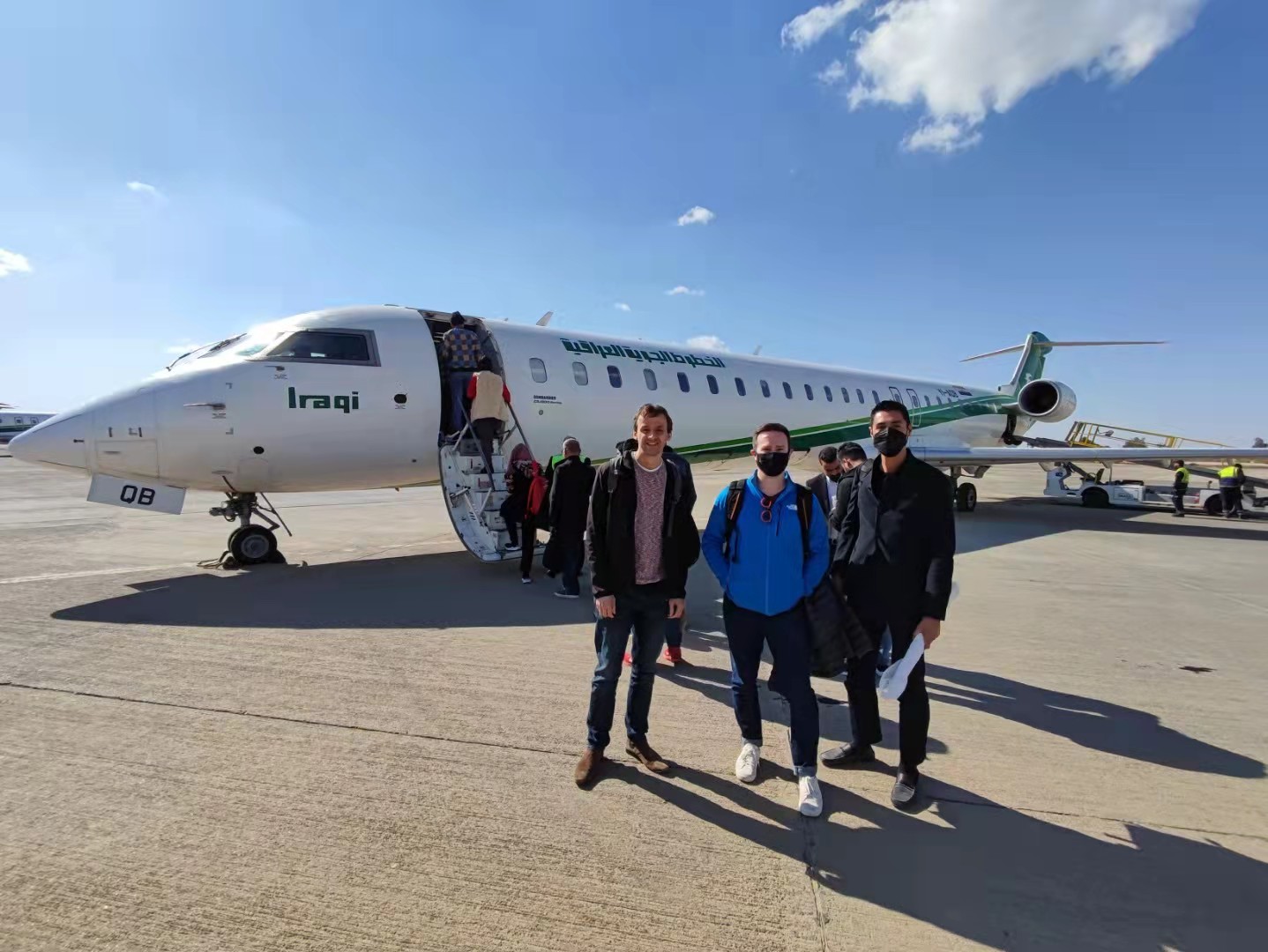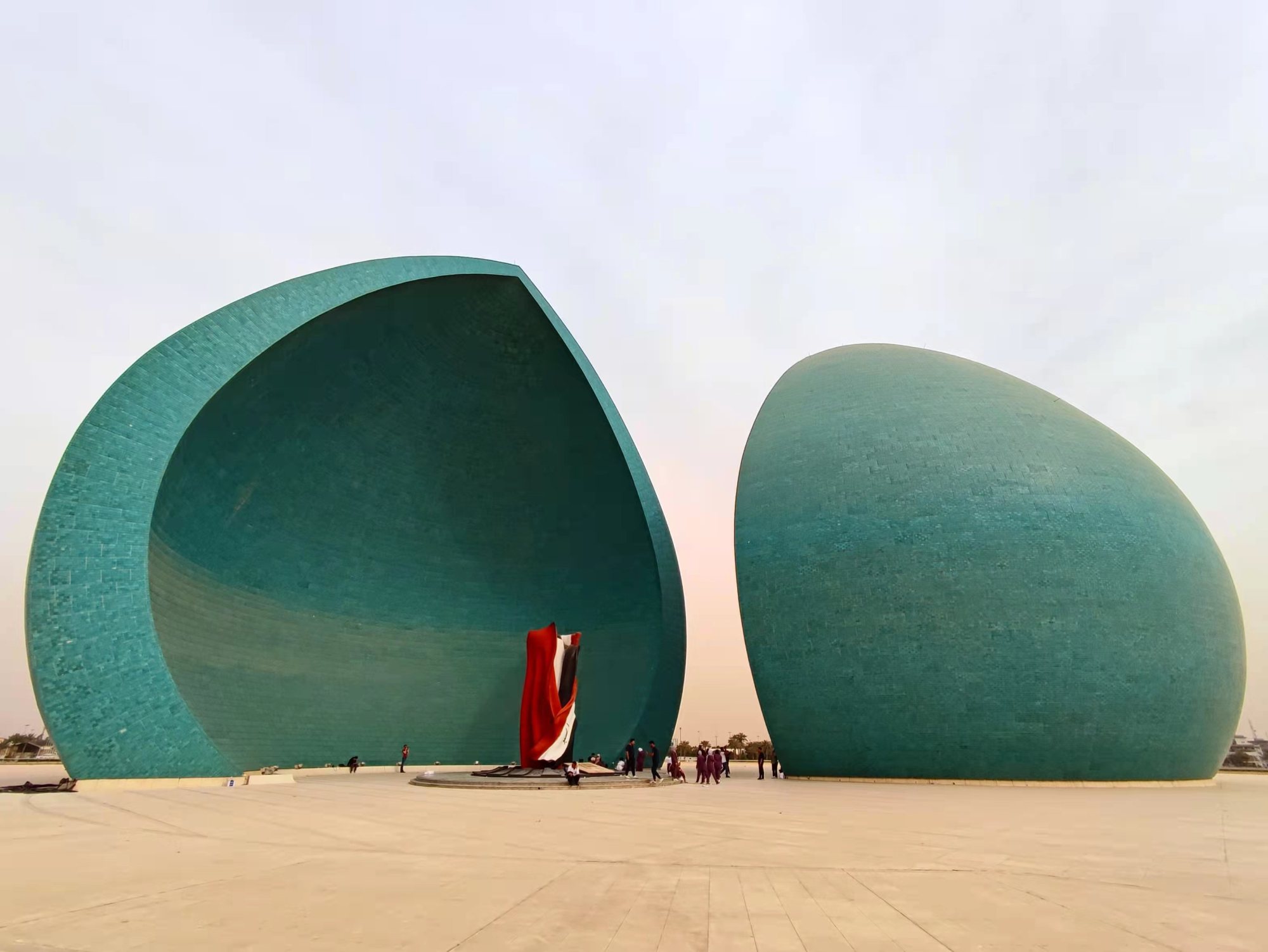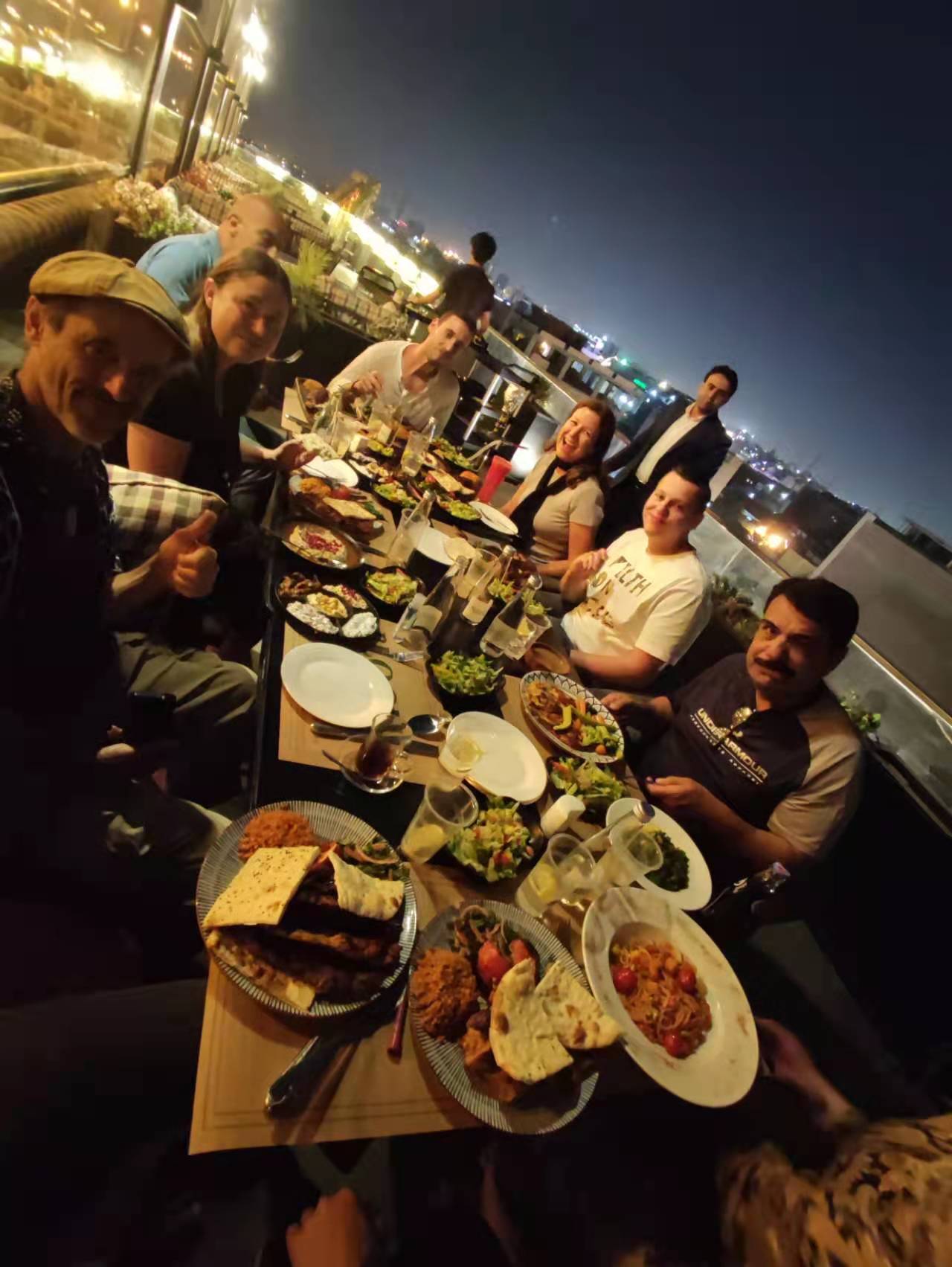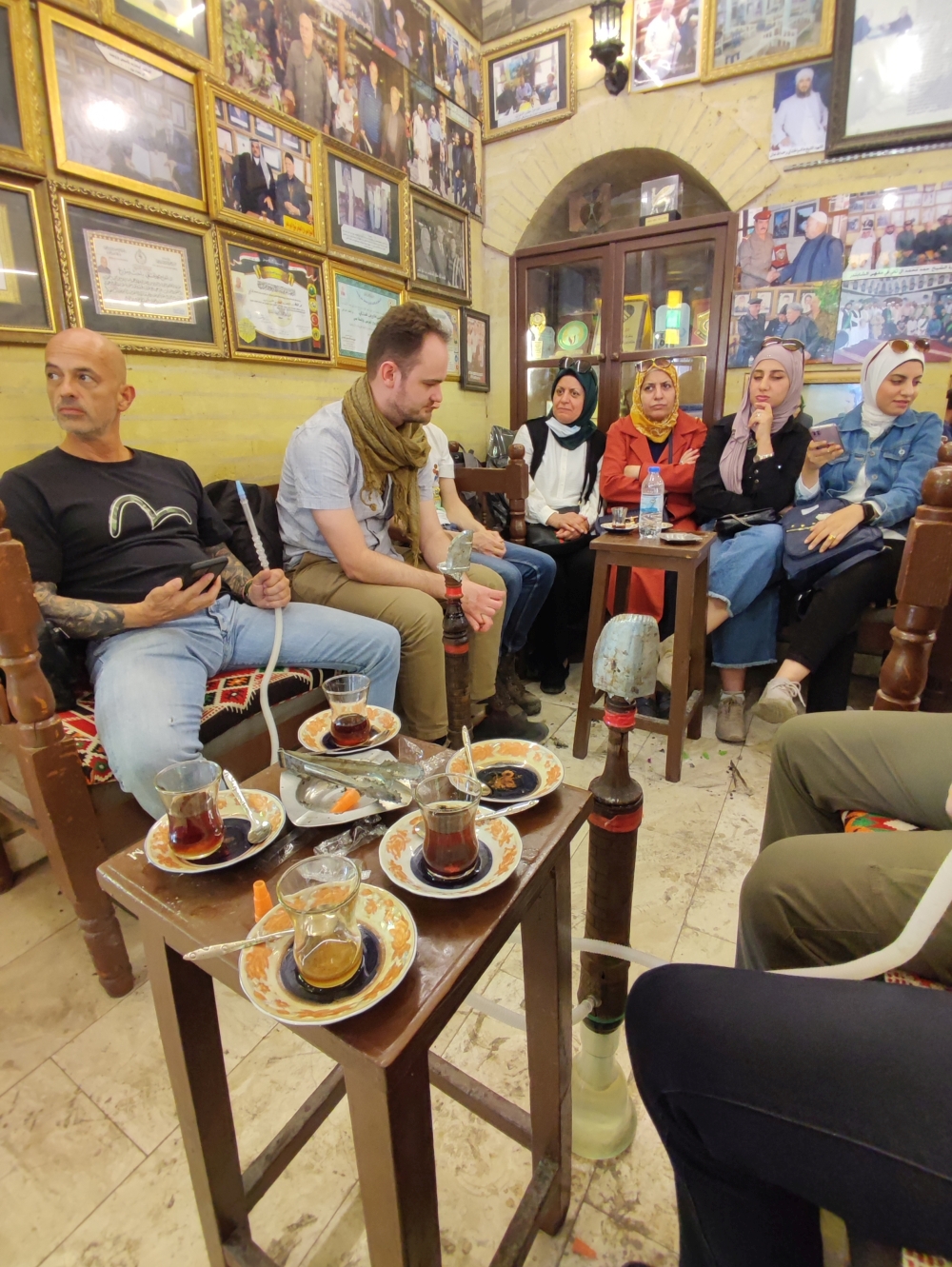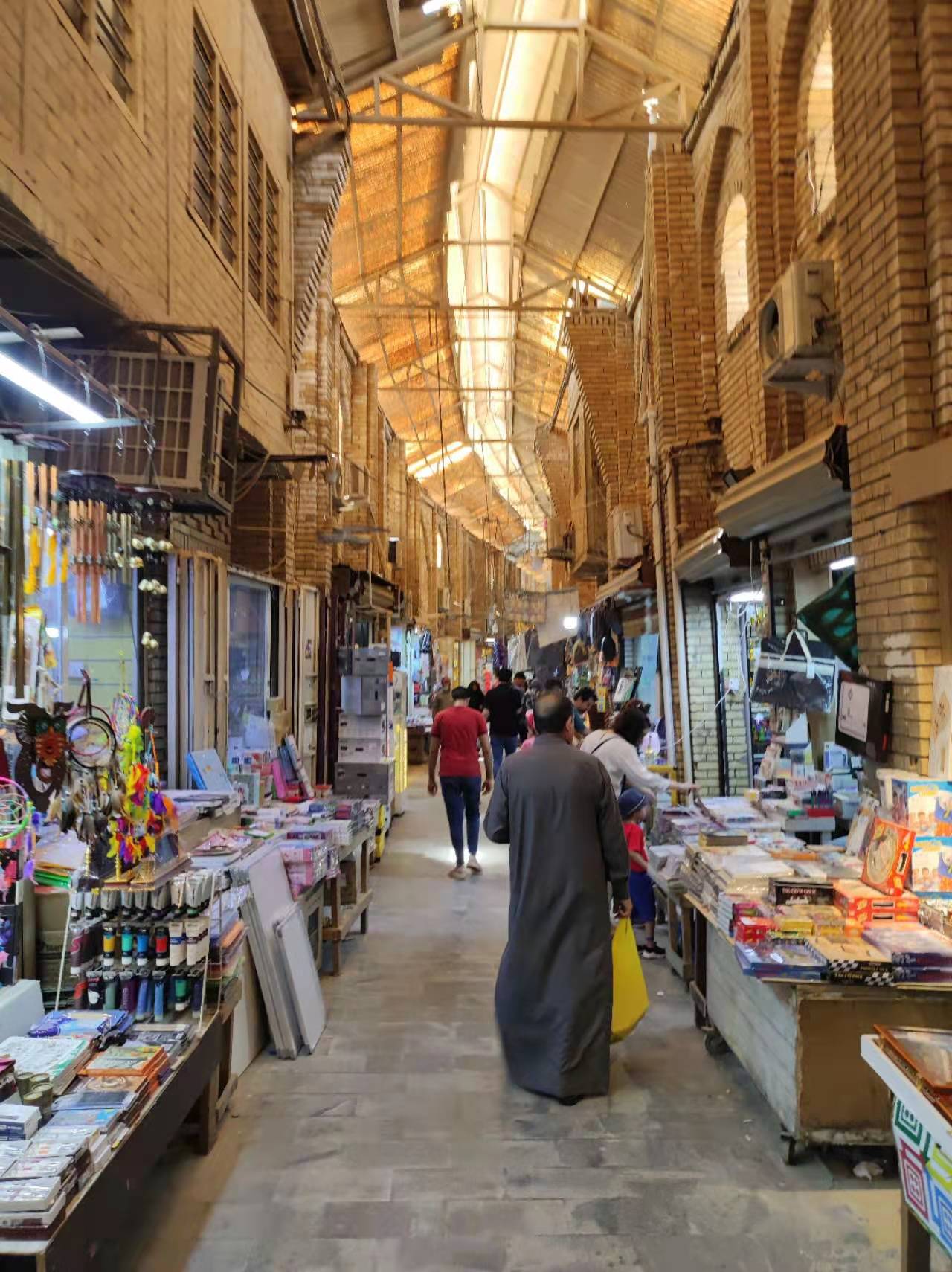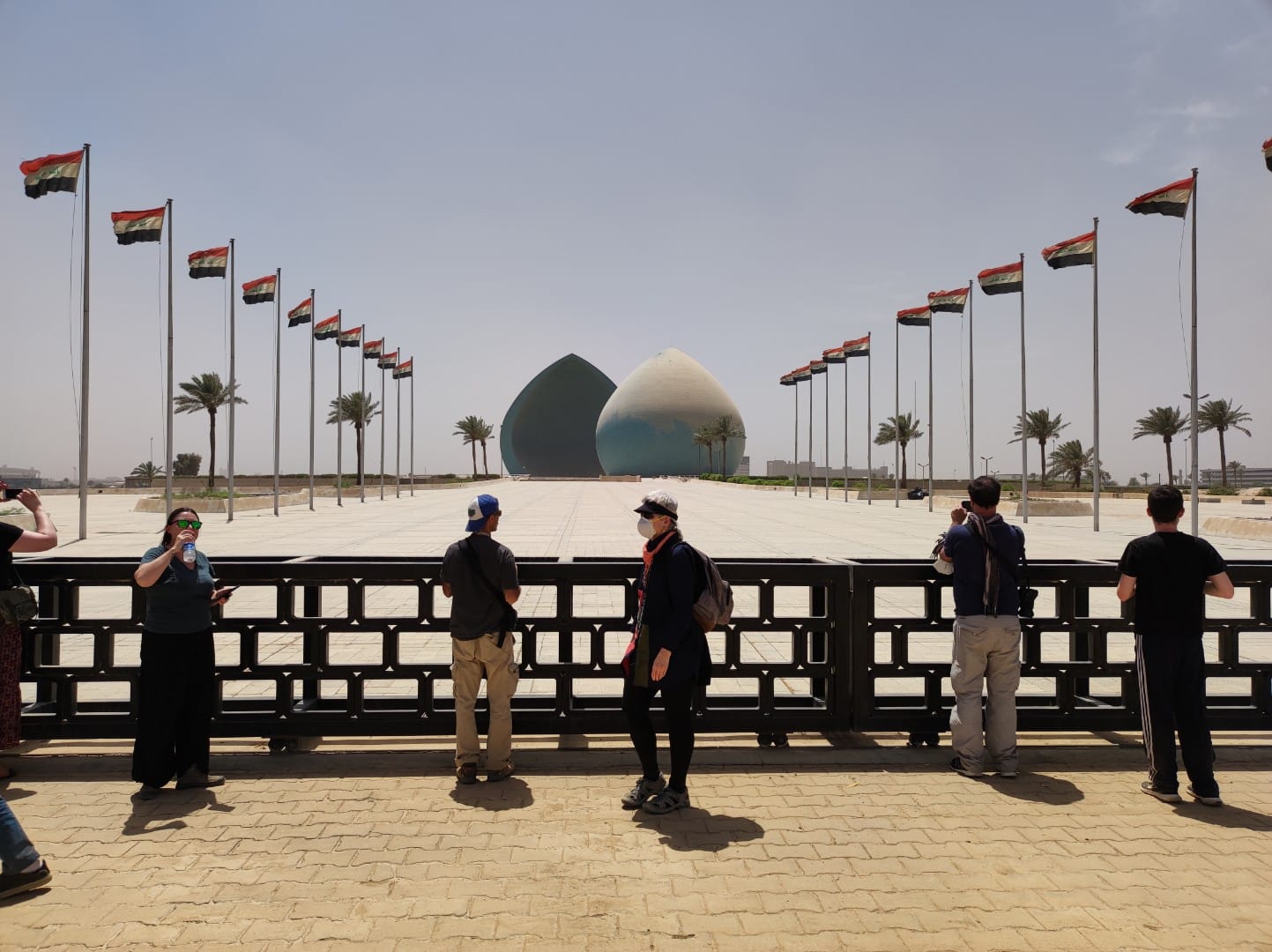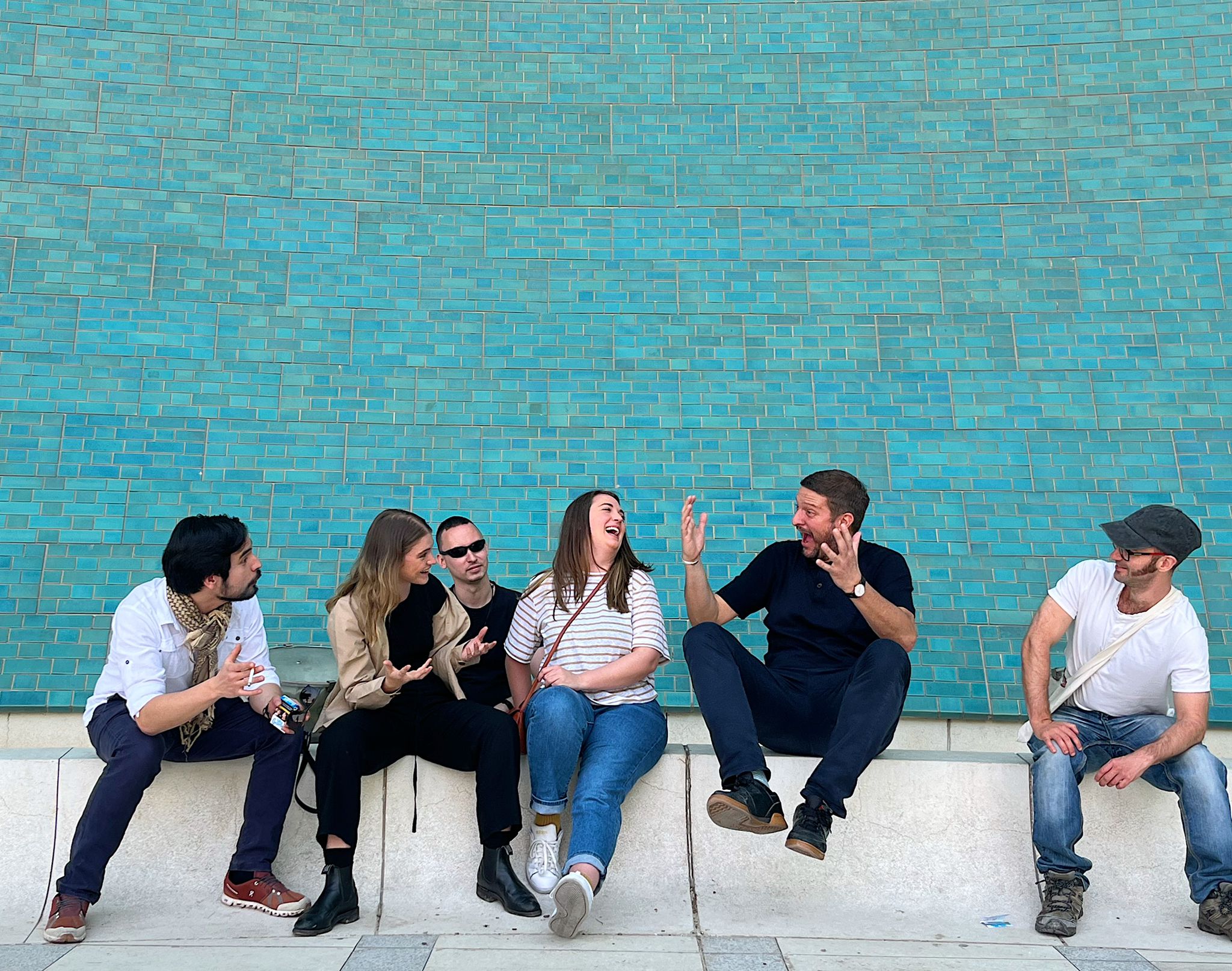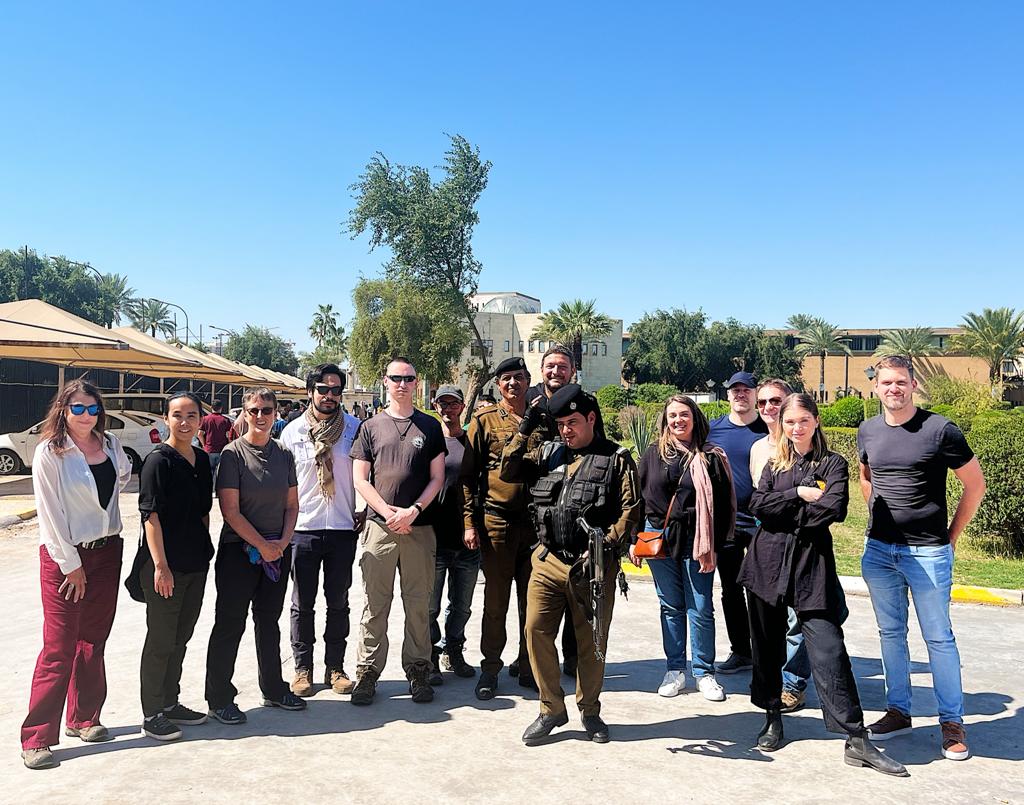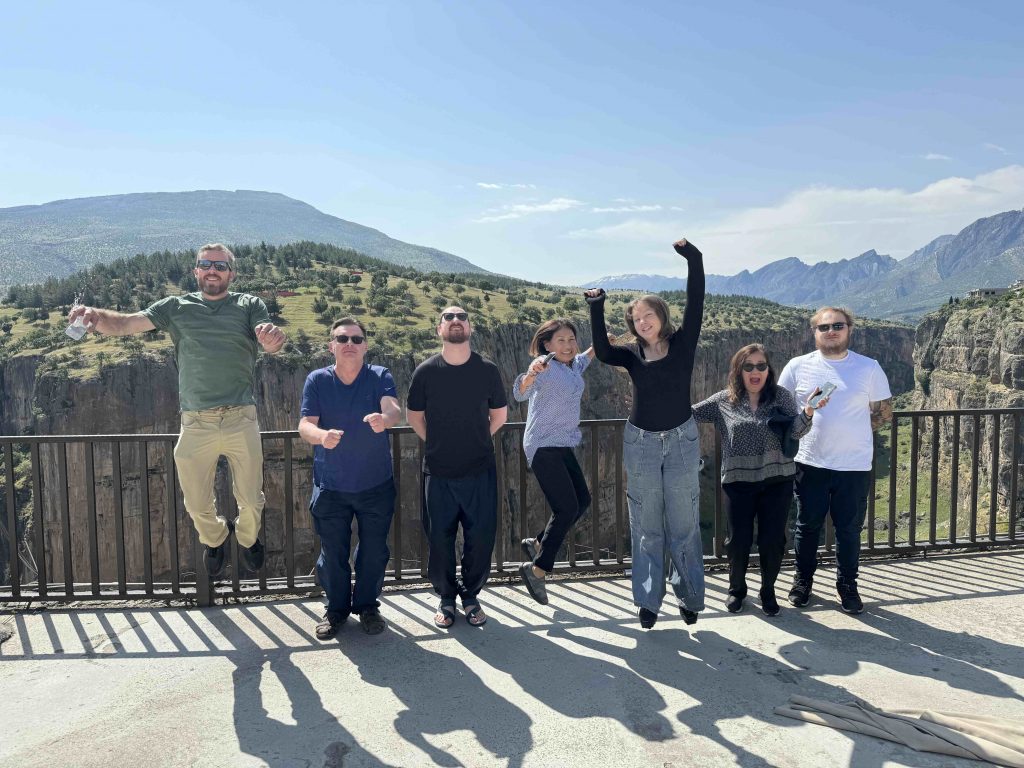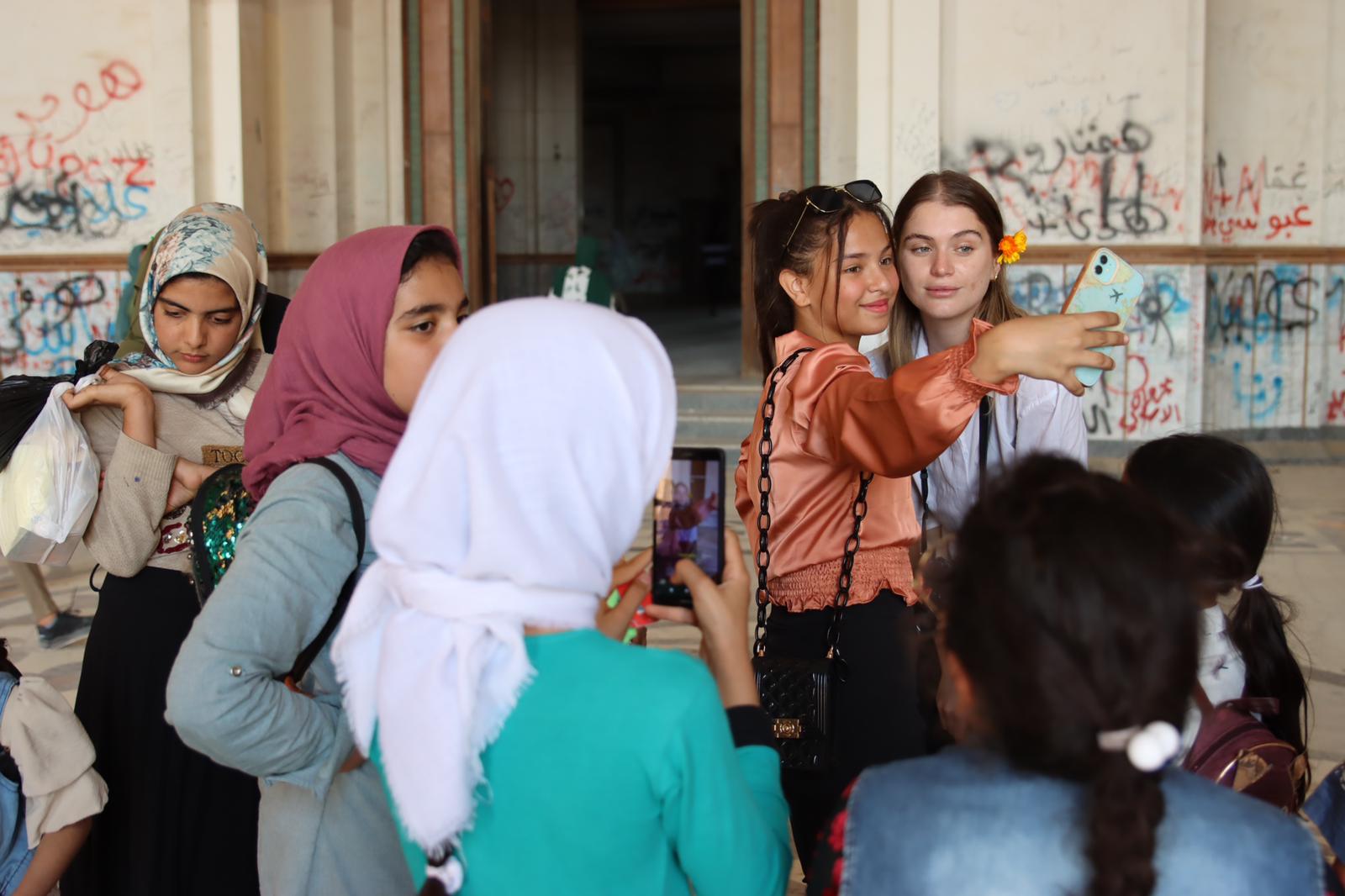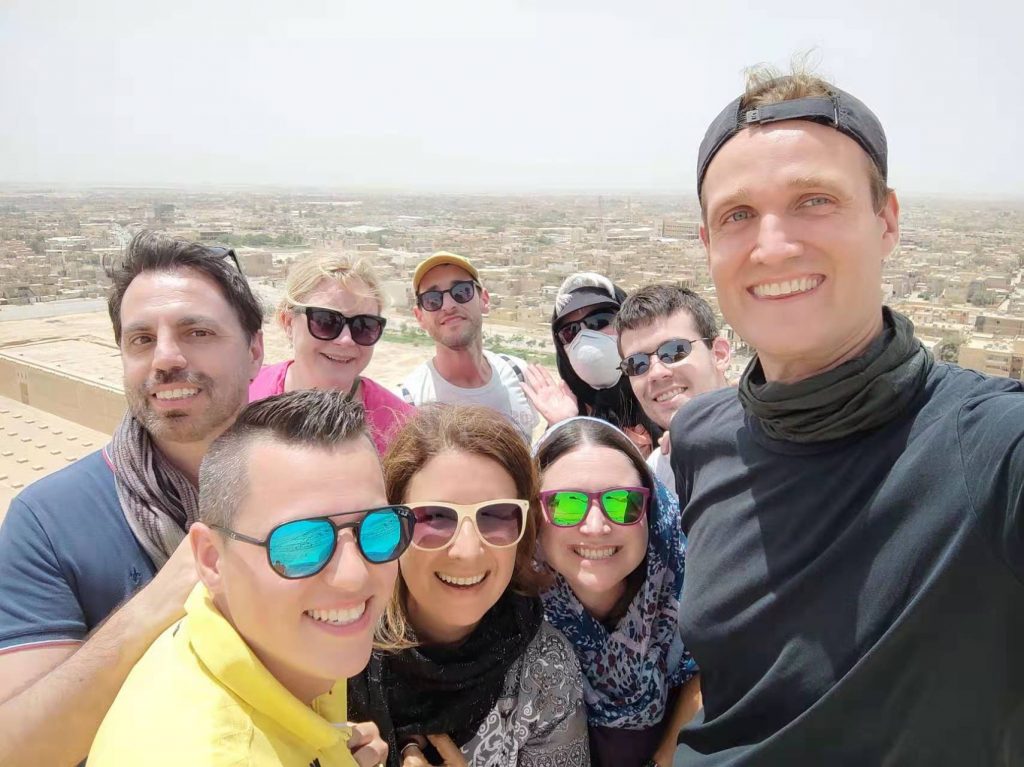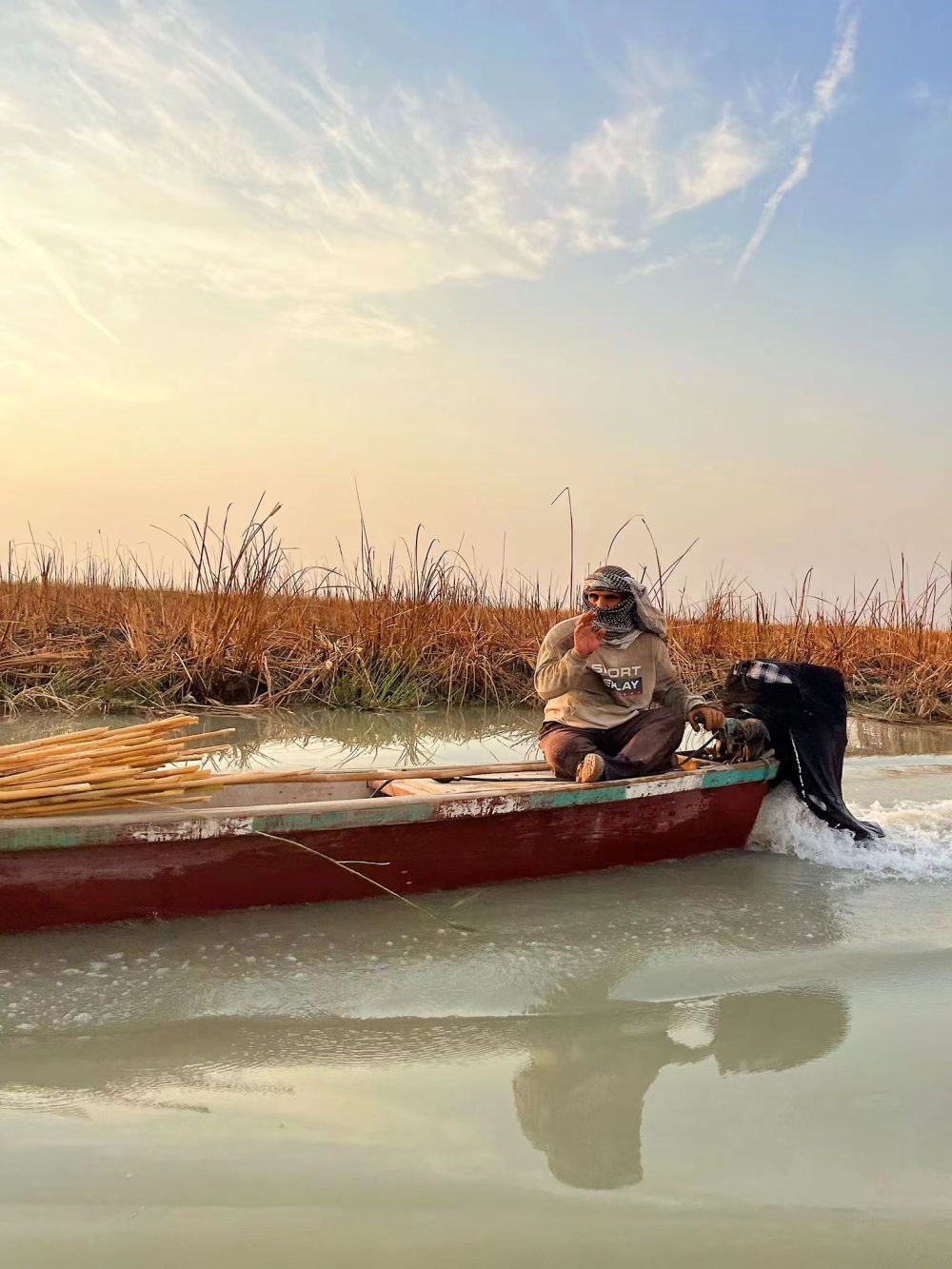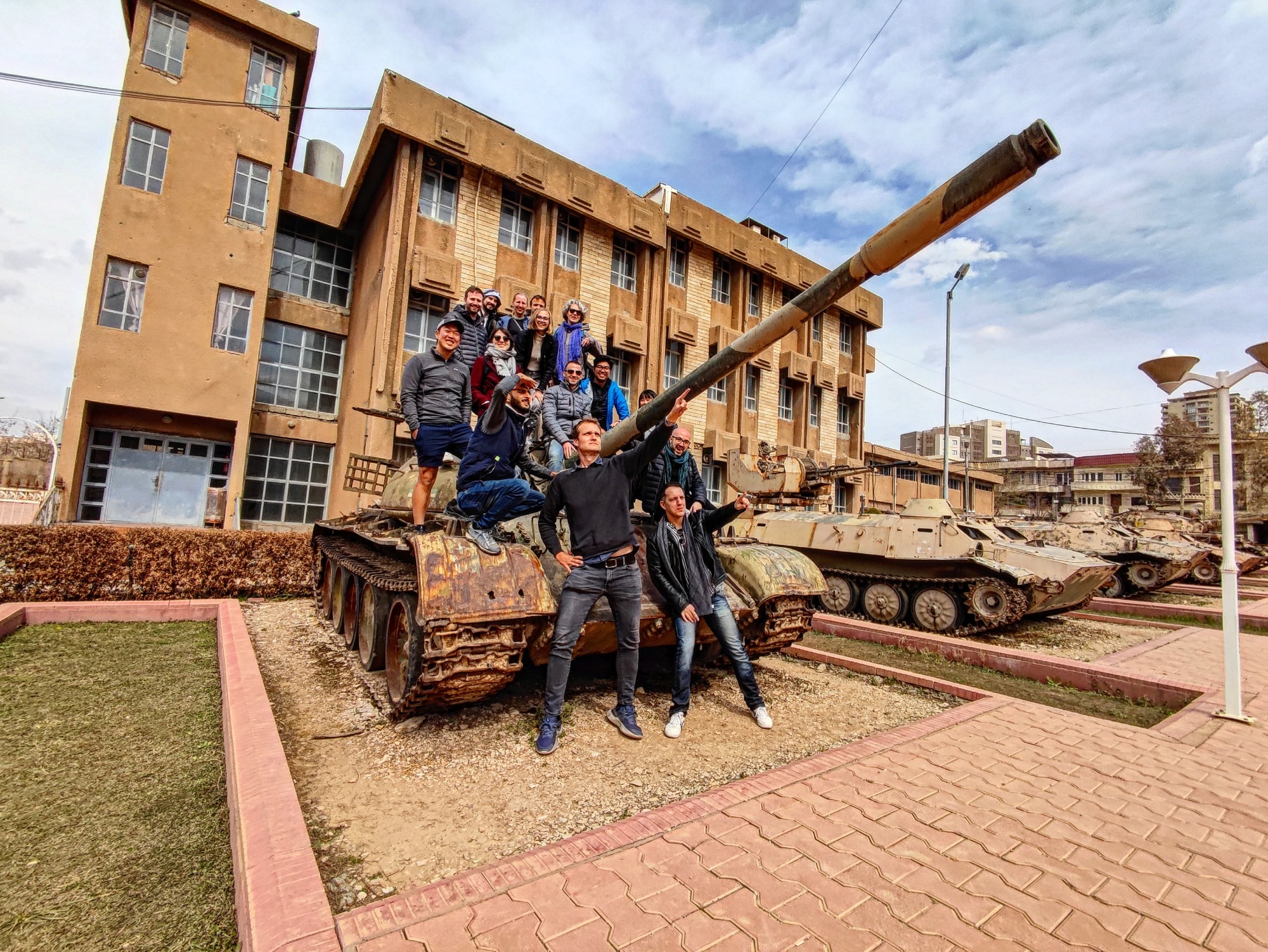YPT Tours To Iraq
Young Pioneer Tours are pleased to announce our full program of Iraq Tours to the whole country, including both Federal Iraq, as well as Iraqi Kurdistan.
After many years of conflict and instability, YPT were one of the first companies to operate tours in Iraq post-war. Since 2017, the situation in Iraq has changed drastically and the country is no longer war torn, but constantly rebuilding.
However, this doesn’t mean that Iraq is a tourist hot spot at all. As it is rapidly changing and its incredible sites are still untouched by tourism, it is now the perfect time to visit. You’ll discover a country with both a recent and ancient past that is unlike any other.
Group Tours To Iraq
Our Iraq Tours are split into Southern Iraq Tours (also referred to as “Federal Iraq Tours”), Iraqi Kurdistan Tours and Whole Iraq Tours that combine both regions. Our Iraq tours often link up to other tours in the Middle East, such as Iran, Kuwait and Syria. If you want to create your own combo, you can browse our scheduled tours here.
Our group tours to Iraq are on fixed numbers and tend to fill up fast, so we recommend booking in advance.
Federal Iraq Tours
Southern Iraq Ultimate Tour – March 10th-16th 2026 – $2795
Southern Iraq Spring Tour – May 9th-15th 2025 – $2795
Southern Iraq Autumn Tour – October 16th-22nd 2025 – $2795
Christmas in Iraq – December 23rd – 26th 2025 – $1595
Iraqi Kurdistan Tours
Iraqi Kurdistan Newroz Festival – March 16th-22nd 2026 – $1295
Iraqi Kurdistan Spring Tour – May 15th-21st 2025 – $1295
Iraqi Kurdistan Autumn Tour – October 22nd-28th 2025 – $1295
Iraqi Kurdistan New Year’s Tour – December 26th 2025 – January 1st 2026 – $1295
Whole Iraq (Iraq and Iraqi Kurdistan Tours)
Whole Iraq Ultimate Tour – March 10th-22nd 2026 – $3695
Whole Iraq Spring Tour – May 9th-21st 2025 – $3695
Whole Iraq Autumn Combo – October 16th-28th 2025 – $3695
INDEPENDENT TOURS TO IRAQ
If a group tour does not fit your calendar or if you require something more specific for yourself or your group, then YPT can arrange independent tours to Federal Iraq, Iraqi Kurdistan or a mix of both, to suit your preferences, time frame, budget and locations.
You can choose from any of our bespoke tours or inquire about specific tours: whether you want to explore the Mesopotamian Marshes, visit religious pilgrimages sites, or experience extreme sports in Kurdistan, we’ll your gateway to an amazing adventure in Iraq!
Prices depend on the number of people and what level of accommodation you require, but YPT can arrange everything you need for a perfect independent tour to Iraq.
Tours to Iraq can also be combined with trips to other places in the region, such as Iraqi Kurdistan, Iran, or Kuwait.
Example of an Iraq Itinerary (7 days)
Day 1: Baghdad
- Arrive to Baghdad in the morning and check into your hotel
- Begin a walking tour of the city by visiting the Iraq Museum which contains precious relics from the Mesopotamian, Persian and Islamic civilization. The museum was looted during and after the 2003 Invasion of Iraq.
- Stroll down Al-Mutanabbi street which is considered to be the literacy heart of Baghdad and you will see carts and shops stocked with books of all different topics and languages for sale.
- If your first day lands on a Friday, enter the Ottoman Military Complex which on Fridays turns into a community gathering with people singing, reciting poetry, giving lectures and having debates. The inside of the complex is beautiful too!
- Visit the Al-Mustansiriya School – an Islamic school that is considered to be one of the oldest in the world. While it is no longer in use, you may walk through the old classrooms and explore the upstairs balcony.
- Next, visit Baghdad’s oldest cafe – Shabandar café for some tea (perhaps Iraqis favorite lime tea). The cafe was destroyed during fighting and claimed the lives of some of the owners’ sons. Gaze at the memorabilia, posters and Martyred photos that fill the cafe’s walls. You are likely to be welcomed by the locals.
- After a local lunch break, continue the city tour visiting Firdos Square where the Coalition forces toppled Saddam’s statue in 2003
- Have a look at Al Shaheed Monument, the most iconic structure in Baghdad commemorating all the wars held in Iraq.
- Get close to the Victory Arch, also known as the Hands of Victory or the Crossed Swords. Built to commemorate the Iran–Iraq War and approved by Saddam himself, this monument stands 40 meters high and is located on the very edge of the green zone.
- Overnight in Baghdad
Day 2: Baghdad – Basra
- Breakfast at the hotel.
- Begin the longest drive of the trip – south to Basra on the newly built highway. Here you will have less delays at checkpoints and will be able to see how expansive the Iraqi desert really is!
- Upon arriving in Basra, enjoy lunch in an old Basra styled house transformed into a cafe and museum. After, explore the other old houses in Basra which are being rebuilt with assistance from UNESCO.
- Next, visit the Basra British War Memorial – the memorial commemorates over 40,000 Commonwealth forces members who died during the Mesopotamian Campaign, from 1914 to 1921. The museum is located inside one of Saddam’s former palaces.
- In the evening, stroll the newly built Corniche busy with locals and you can optionally take a short boat ride. Enjoy street food for dinner.
- Overnight in Basra
Day 3: Basra – Najaf
- Leave Basra early in the morning, heading to the Mesopotamium Marshes. Enjoy a boat ride in the Marshes, home to the infamous water buffalos. There are many wild buffalos living in the Marshes and you are likely to spot them between the reeds!
- You will enjoy a local lunch of fresh fish and vegetables in the Marshes houses, built traditionally with reeds and bamboo.
- In the early afternoon, you will drive to Najaf, stopping at the Moon Ziggurat of Ur, a neo-Sumerian construction first built over in the year 2000 BCE and which has gone through various restorations.
- You will arrive in Najaf and enjoy a local dinner by the river, staying overnight
Day 4: Najaf – Karbala
- Breakfast at the hotel before you head out to explore Najaf. You will first walk through the souk and can taste the sweet desert of Daheen, commonly believed to have originated in Najaf. Najaf is also famous for their high quality abayas.
- Continuing on you will visit Najaf’s most important site, and one of the most beautiful buildings in the country, the Imam Ali shrine.
- At a walking distance from the shrine, you will explore the UNESCO Heritage Site of the Wadi-e-salam cemetery, also known as the Valley of Peace. This is the largest cemetery in the world with over 6 million corpses. It attracts millions of pilgrims annually. There is a fantastic view from a secret spot that you can visit and be in awe of the sheer size of the cemetery – stretching dar beyond the eye can see.
- You will then depart Najaf (Islams third most holy city) to Karbala, Iraq’s holiest city. The shrines of Imam Husayn and Al Abbas are considered incredibly holy for Shi’ite Muslims, the same way as Mecca, Medina and Jerusalem.
- In the evening, you will go out and explore the city and stop by the Al Abbas Mosque and Imam Husayn Shrine. Tens of millions of Shi’ite Muslims visit this sacred site twice a year, rivaling Mecca and Mashhad by the number of pilgrims annually. At night, the shrines come alive, see thousands of Shia pilgrims who have come to pay their respect.
- Enjoy dinner inside the souq and overnight in Karbala. Your hotel will have a fantastic rooftop view of the extremely well lit shrine.
Day 5: Karbala – Babylon – Mosul
- After breakfast at the hotel, depart to Babylon – one of the most famous archaeological sites in the world.
- Explore the ancient ruins with what’s left of the hanging gardens, see the foundation of the Babel Tower (Babel being the Arabic name of Babylon), and visit the UNESCO World Heritage Palace – part of which was restored by Saddam Hussein in the 80s.
- Overlooking Babylon, you will see one of Saddam’s (many) palaces.A highlight of the trip is exploring it! the dictator made sure he had the best view of the site. You’ll be able to walk through the abandoned building with one of the dictator’s former employees, who’s a good friend of YPT, and even pose for a photo in Saddam’s bathtub!
- Continuing north towards Mosul, you will stop at Samarra. Samarra is famous for its Minaret (also known as the Great Mosque of Samarra). As it is closed for renovations, you’ll see it from the entrance gate and then go to a secret abandoned 8th-century mosque, where you can also climb the spiraling staircase all the way to the top for an epic 360 degree view. Not for the faint hearted!
- You will stop at one of the only roadside restaurants for a late lunch.
- Continuing north, you will arrive in Mosul in the late evening. After a light dinner, head to a local community center where the businessowners are rebuilding a square in Mosul that was formerly destroyed.
- Overnight in Mosul.
Day 7: Mosul – Baghdad
- Have breakfast at the hotel before beginning a street tour. Mosul was one of the most heavily hit cities during the recent war and half the city fell under ISIS control for many years. You will visit the severely damaged old city, which is a ghost town and where people are still excavating through the rubble. It is a very sobering experience of the damage that occurred during the war.
- Check the remains of the Al-Nuri Mosque. The most famous landmark of Mosul was famous for its leaning minaret, which earnt the city its nickname “the hunchback”, and was dynamited by ISIS. It is now being reconstructed. The mosque is also famous for being the place where Abu Bakr al-Baghdadi announced the creation of its so-called caliphate. UNESCO is currently rebuilding this mosque, but you can see it from the outside.
- You will see the nearby church of Mar Toma, or St. Thomas. Believed to be situated at the site of the Apostle Thomas’s home in Mosul, this 7th century church is being carefully restored.
- Visit the Al Tahira Church. It started construction in 1938 and is the largest church in Iraq.
- Walk around the Bash Tapia Castle, built in the 12th century as one of seven castles within Mosul’s city wall. A missile fell near the castle during the war against ISIS and damaged its walls.
- Enjoy a quick lunch in Mosul before hitting the road back to Baghdad.
- Arrive back in Baghdad in the evening and transfer to the airport for your flight.
Bespoke Tours To Iraq
We do not list all of our bespoke Iraq itineraries, but can offer some examples, such as the following which can be arranged into a personalized tour of Iraq:
Karbala and Najaf Tour: Karbala and Najaf are two extremely important cities for Shia Muslims as they are home to some of the biggest pilgrimages in the world. Each year 30,000 Muslims visit the shrines where the Battle of Karbala took place, resulting in the death of Hussein Ibn Ali. In Karbala, you can visit the Holy Shrine of Imam Hussein, and in Najaf you can visit the Holy Shrine of Imam Ali. Najaf is also home to the biggest cemetery in the world and there are plenty of incredible mosques in the region to explore!
Extreme Sports in Kurdistan Tour: Enjoy all the outdoor sports Kurdistan has to offer – rafting, rock climbing in picturesque mountains, parasailing down Goizha Mountain, exploring caves and hiking across incredible mountains home to the Kurdish.
Babylon Tour: Babylon, the cradle of civilisation, is one of the oldest recorded cities in the world. It is an ancient city near the Euphrates River and has been partially rebuilt by Saddam Hussein. Babylon is famous for its Hanging Gardens remnants (considered one of the Seven Wonders of the World) and the Babel Tower. Whilst in Babylon, explore the nearby riverbed and Saddam’s palace, with one of the best panoramic views of Babylon.
Ancient Civilization Tour: Mesopotamia is home to incredible remnants of civilizations. From Ur, to Samarra and Babylon and ruins not yet discovered, there is plenty to see! You can also visit the Shanidar Cave, the archaeological site where neanderthal ruins were found, covered in the new Netflix documentary the Secrets of Neanderthals.
Yazidi New Years Tour: Partake in New Years Festivities for the Yazidi people in Lalish on the first Wednesday of Spring annually. Learn about the Yazidi people, their customs and challenges including recently as victims of ISIS for their beliefs. Experience Çarşema sor (Red Wednesday in Kurmancî) with the Yazidi people in Lalish, where Sheikh Adi, the main figure of Yazidism is buried.
Combined Kuwait Tour – we can arrange an itinerary from the North to the South of Iraq, where you experience crossing overland to Iraq’s neighbour, and once-enemy Kuwait. Just this year, Iraq and Kuwait have re-established relationships, and the border between Basra and Kuwait have reopened. Be one of the first tourists to cross between the two countries.
Culinary Tour of Iraq – As Iraq is home to the first known cookbook, dating from 1700 BC, the country is the literal cradle of culinary exploration. Its ancient cities and trade routes mean that flavours from around the world have become central to Iraqi cuisine. Therefore, why not try a culinary tour of Iraq?
Iraq Photography Tour – Newly opened to tourists after decades of war, this is the best time for photographers to come and explore this often-misunderstood country. Iraqis are known for their outstanding hospitality, and the country is generally open to photography and is excited to be presented in a new light. We can create a bespoke itinerary for all your media needs.
Filming in Iraq: With its important political history, growing development and ancient historical significance, Iraq is a great location for film makers and journalists to visit. Through our media arm Pioneer Media, we can plan for productions, journalists, or others to film within Iraq from big budget to guerrilla productions. We can also arrange meetings in the country, as well as correct visas for journalists wishing to do projects within Iraq.
Tours to Iraqi Kurdistan
As well as our trips to Southern Iraq, also known as Federal Iraq”, Young Pioneer Tours can arrange travel to Iraqi Kurdistan, as well as the wider Kurdistan regions of Turkey, Iran and even Rojava in Syria.
Click the following link to check out our Kurdistan Tours.
Getting to Iraq
Getting to Iraq is now much easier than it used to be, with flights from hubs such as Istanbul now much more common.
Getting to Erbil and Kurdistan is even easier with regular flights from throughout Europe and beyond. YPT can also arrange entrance to the country through its various land borders. To discuss your options for travel to Iraq please get in touch.
FREQUENTLY ASKED QUESTIONS ABOUT IRAQ TOURS
All of our local guides on our Iraq and Iraqi Kurdistan tours speak English, or a translator is provided. For independent tours to Iraq, guides speaking other languages can be arranged. Additionally, all of our tours are curated by our expert YPT staff with years of experience in the region, and many of our tours are led by western YPT guides who also speak Arabic and specialize in the region.
- USA, UK, Russia, PR. China, Hong Kong, Japan, South Korea, Canada, Australia, New Zealand and Norway.
- European Union countries: Austria, Belgium, Bulgaria, Croatia, Cyprus, Czech Republic, Denmark, Estonia, Finland, France, Germany, Greece, Hungary, Ireland, Italy, Latvia, Lithuania, Luxembourg, Malta, Netherlands, Poland, Portugal, Romania, Slovakia, Slovenia, Spain, and Sweden.
It is not illegal for foreigners to be gay in Iraq, but public displays of affection, regardless of one’s sexuality, are very frowned upon. We advise all participants, whether homosexual or heterosexual, to restrain from public displays of affection out of respect for the culture.
LGBTQ travelers can safely travel in Iraq, and it is important that all travelers maintain common sense in restraining public displays of affection. You can always ask your YPT guide if you have any specific questions about what you can and cannot do in Iraq.
It is important to note that many Iraqi women are very conservative, and they may be hesitant towards interacting with men outside of their families. However, female travelers are often very warmly welcomed by Iraqi men and women alike.
In Iraq, marriage is a very important part of a person’s life, so it is very likely that you will be asked if you are married, even by complete strangers. If you are unmarried, many men and women alike may suggest that you get married, even to one of their family members. You can always laugh it off, or you can also state that you are married to avoid unwanted proposals.
Gallery
